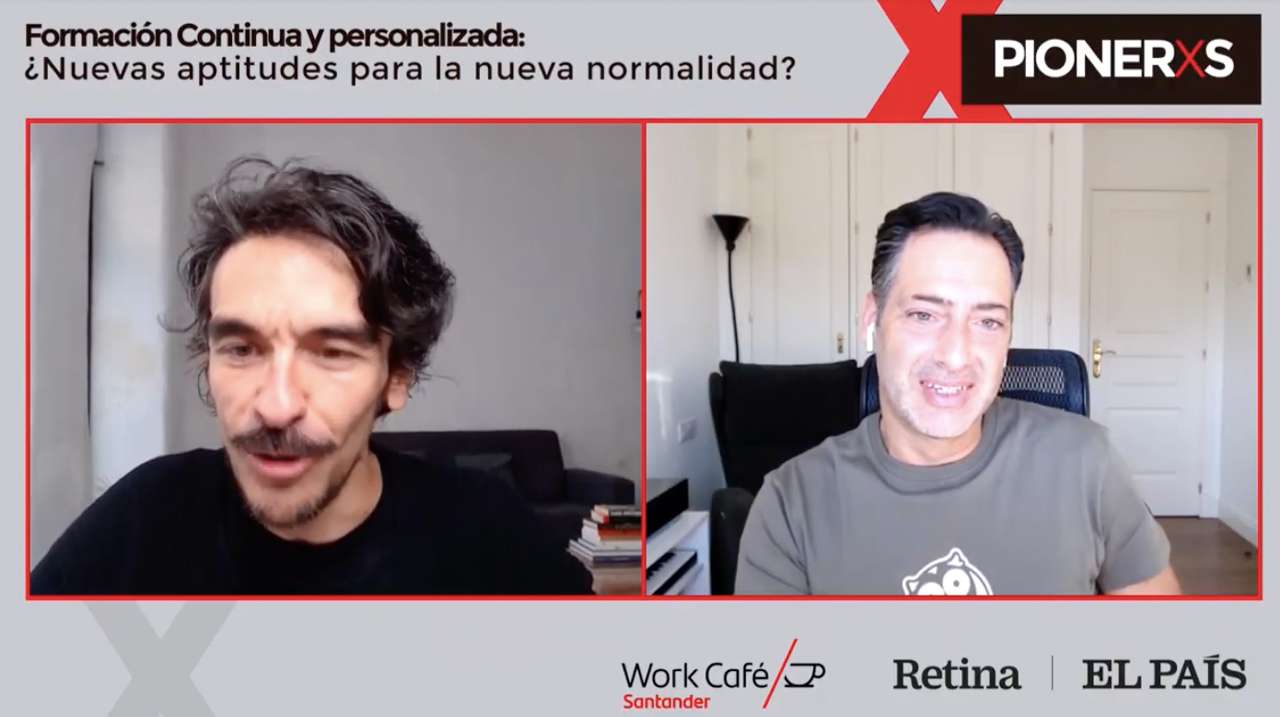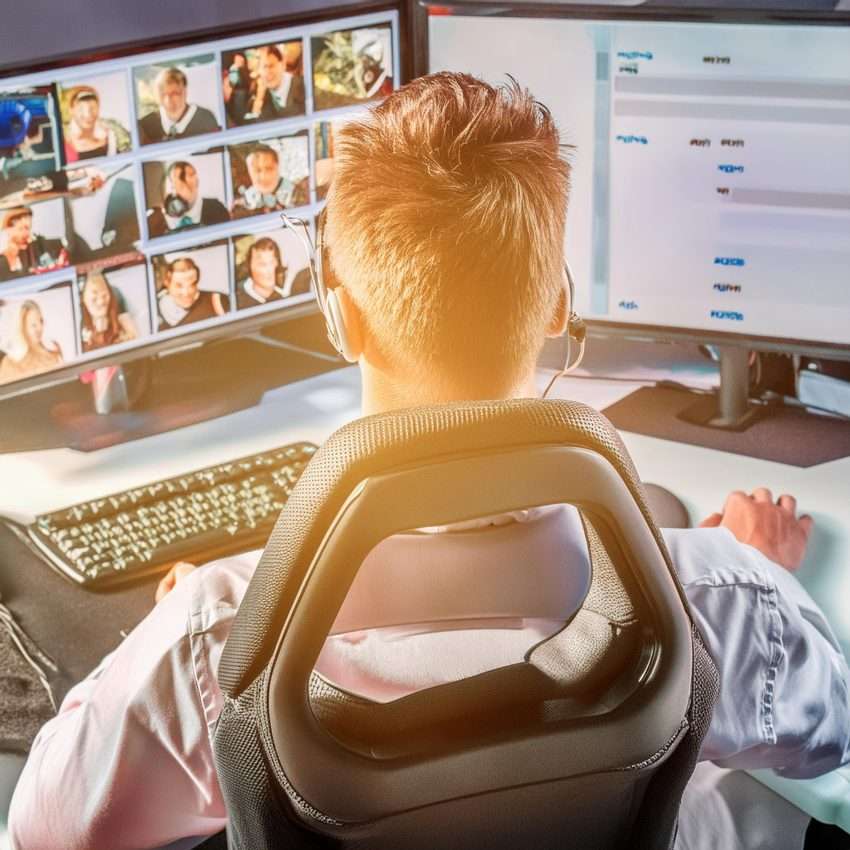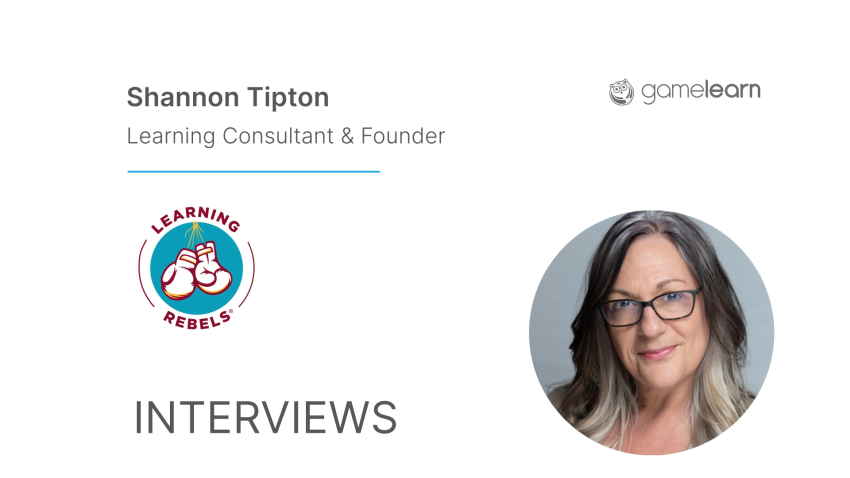This September 9, the latest installment of the “Pioneers” event series by El País Retina, in collaboration with Banco Santander, took place. The focus was on new models of education but more specifically, it addressed the different attitudes and skills required to adjust to and thrive in the new normal. This means adapting knowledge to emerging needs, creating jobs, and ensuring equal opportunities.
Jaime García Cantero, the Retina forum’s content director, had three guests from three innovative companies in the field of talent management and training to hear their perspective in this regard. They were Ibrahim Jabary, co-founder and CEO of Gamelearn; Azahara Palomero, founder and CEO of Looking 4 Talent; and Mariana Costa, founder and CEO of Laboratoria.
New attitudes and skills for a digitized and uncharted environment
The global pandemic, raging since March, has only sped up the already inevitable shift towards digitization. This means certain skills run the risk of becoming obsolete, and employers need to be aware of this reality to keep the workplace humming along.
The Digital Economy and Society Index (DESI) affirms that Spain, for example, passes the test when it comes to digital infrastructure, but fails in talent. The Spanish educational system is unable to prepare its students for the ever-more stringent hiring requirements in the country. On this point, Azahara Palomero points out that, in response to this, many companies overcome this skills gap by implementing ad hoc training efforts that cover their specific needs. It’s become the norm to find talent then mold that talent into skill over time. It also requires all levels of HR to be involved in order to do performance evaluations, carry out training plans, and give each student’s training process an individualized feel.
“Companies look for professionals that fit with their strategy and needs. A big data manager won’t need to have the same profile in all cases across the board. It will depend, to a large extent, on the company they work for,” says Azahara.
To properly respond to these needs, there are a wide array of training programs out there, whether they be in e-learning, boot camp style, or face-to-face. But, one thing is certain: the training must provide continuous training. If it doesn’t, admins will be unable to tweak the curriculum to better tackle changes as they come up.
Game-based learning: e-learning build around engagement and continuous training
Due to the Coronavirus pandemic–and all the safety measures that come with it (telecommuting, social distancing, etc.), face-to-face training has essentially gone out the window in the corporate world.
For this reason, the need to move training efforts online is front and center, and e-learning has blossomed into the fastest and easiest way to do so while maintaining continuous learning.
Unfortunately, it is true that traditional e-learning methods can be a little stale, with only a 25% course completion rate and an NPS (Net Promoter Score) hovering around -25 on average. But, as Gamelearn CEO Ibrahim Jabary points out, e-learning doesn’t have to be boring. Gamelearn has been tackling this problem for the past 15 or so years by developing videogames for corporate training. And it’s worked, achieving course completion rates above 90% and an NPS around +50.
“Getting adults to play can be a little tricky, but once you do it, the results speak for themselves,” says Jabary. “Some of the highest scores we’ve had were from people older than we ever imagined.
In his view, digital transformation is barreling towards all of us like a tidal wave. This has been the driving force behind Gamelearn’s recent focus on their revolutionary serious game authoring tool, the Editor. “By using the Editor, any company will be able to completely customize their training efforts to make sure their students are learning the right material and in the right way,” the CEO says.
The main challenge is “learning how to learn”
The through-line for all three of the guests present at the digital event was how difficult and important it is in all areas (professional, educational, business, etc.) to adjust to a new reality that’s coming faster than anyone expected.
It also means a greater responsibility on workers to take charge of their own development, (with the help of the organization, of course) and a commitment to rethinking any previous plans that may have been in place before March 2020. This push towards digital, according to the event’s speakers, will force all of us to grapple with how new technologies will affect our corporate training efforts. They conclude that it’s about using technology to your advantage. It should be looked at as an opportunity, not an obstacle.
Mariana Costa, CEO and founder of Laboratoria, chimes in, “The crisis has exposed the digital divide and has forced our hand in finding a solution to the problem. We can’t wait any longer. Right now, learning how to learn is the most important skill.”





